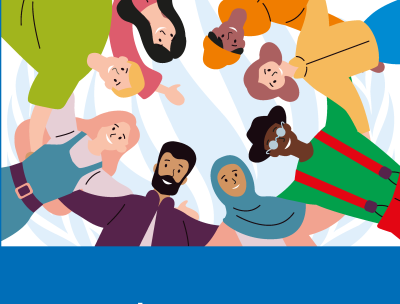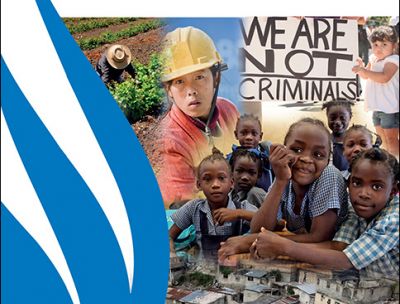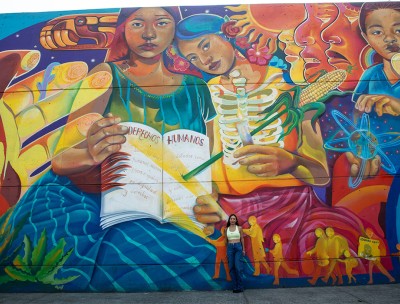
About
The right to education is enshrined in article 26 of the Universal Declaration of Human Rights. Yet billions of people globally still do not fully benefit from their right to education. Without inclusive and equitable quality education and lifelong opportunities for all, countries will not achieve gender equality or break the cycle of poverty that is leaving millions of people behind. Investments in education have been shown to promote economic growth and stability.
Article 27 of the Universal Declaration of Human Rights guarantees cultural rights, including the right of all to participate freely in cultural life, to enjoy the arts and to share in scientific advancement and its benefits. Education is a prerequisite for enjoying many cultural rights. For instance, the right to enjoy the benefits of scientific progress can only be exercised in a meaningful way with a minimum level of education.
Our work
UN Human Rights works with rights holders and duty bearers via our country presences to improve the level of respect for the rights to education and culture. We work to make the rights to education and cultural rights more visible within the UN system. We support existing human rights mechanisms for improving the level of respect for the rights to education and cultural rights, including treaty body mechanisms; the UN Special Rapporteurs in the field of cultural rights, and on the right to education; the Universal Periodic Review (UPR). We also support the work of UNESCO and UNICEF.
Current focus
Who else is involved
Special Rapporteur on cultural rights
The Special Rapporteur identifies best practices to promote and protect cultural rights, and works with States to encourage their adoption. The expert also integrates gender and disabilities perspectives in all work on the mandate.
Special Rapporteur on the right to education
This mandate promotes the right to education both as an independent human right and as an essential means of realizing other human rights. The Special Rapporteur works to promote this right around the world, in particular by helping States plan for the progressive implementation of free, compulsory primary education for all.
Committee on Economic, Social and Cultural Rights
This body of 18 independent experts monitors implementation and compliance of the International Covenant on Economic, Social and Cultural Rights (ICESCR) by its States parties. They examine the reports regularly submitted by States parties on how the rights are being implemented, address concerns, and make recommendations to the States parties.






